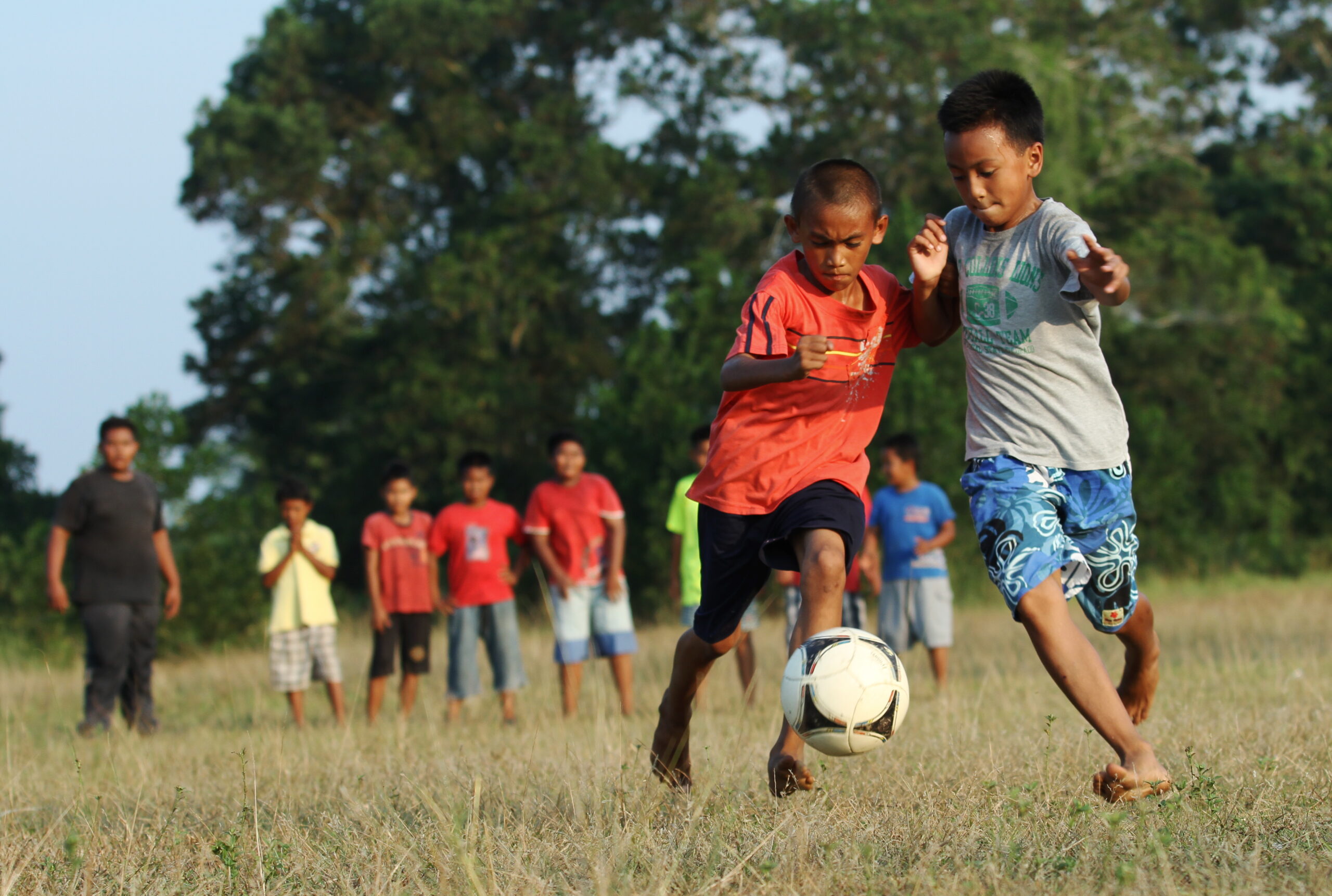Contribution of sport to the post 2015 development agenda
July 9th, 2015This guest post is by Dinesh Gajendran, Asia member of the Commonwealth Youth Sport for Development and Peace working group who recently attended the Commonwealth Sports and Post 2015 forum. The Commonwealth Youth Sports for Development and Peace working group represents the young voice of Commonwealth in advocating for sport as a development tool.
I believe sport should not be seen or portrayed as a ‘hobby’. It supports and contributes to the development process, and governments should ensure that the word ‘sport’ is experienced by each and every human being in their lifetime.
On the 25th and 26th June 2015, the Commonwealth Sport and Post-2015 forum took place at Wembley Stadium, London. Governments, representatives of UN agencies including UNICEF and UNESCO, international civil society organisations, policy experts, sport NGOs and youth leaders came together to discuss how sport can contribute to the Post-2015 development agenda.
The Commonwealth Youth Sport for Development and Peace (CYSDP) working group are 11 young Sport for Development and Peace (SDP) leaders from around the Commonwealth working with the mission ‘to be the leading and driving voice for young people in the Commonwealth towards promoting best practices for sport for development and peace in their respective societies by targeting young people and policy makers.’
As the Asia member and founder and Executive Director of the Audacious Dreams Foundation, I officially represented the forum on behalf of the CYSDP working group. I took part in the panel discussion on ‘Creating an enabling environment to maximize and demonstrate the contribution sport based approaches can make to sustainable development’ with co panelist Mr. Alexander Schicshilk, UNESCO Chief for Sports and Youth, and Prof. Marion Keim Lees from the University of Cape Town.
The two day forum consisted of panel discussions, plenary sessions and sub-groups analysing different thematic areas of the Post-2015 Development agenda. Workshops took place around Goals number 3, 4, 5, 8, 11 and 16, with plenary discussion allowing for further analyses of other goals that sport could contribute to.
Session on post 2015 goal 11. Brainstorming @commonwealthsec #cwsdp #Post2015 @o_dud @Official_CYC @CommYouthSDP pic.twitter.com/lbZ7HQfe1C
— Dinesh (@DineshGajendran) June 25, 2015
There was agreement amongst many of the stakeholders that sport can play a big part in reaching some of the development targets and goals, however there was also an appreciation of the sensitivity that currently surrounds sport, and the need to improve the governance of sport in order for it to be an effective tool in tackling certain development issues.
Sport & Activity based engagement techniques will contribute to the success of the SDGs in years to come #CWSDP #Sportfordev #Commonwealth
— Pratik Kumar (@pratik_magicbus) June 29, 2015
As the leading voice for youth in the Commonwealth for sport for development and peace, this was an integral platform for the CYSDP to contribute to. We are keen to continue raising awareness about the power of sport in contributing to development issues especially through the newly published SDP Youth Advocacy Toolkit—a guide for young people on how to improve the messages they’re advocating for through SDP.




